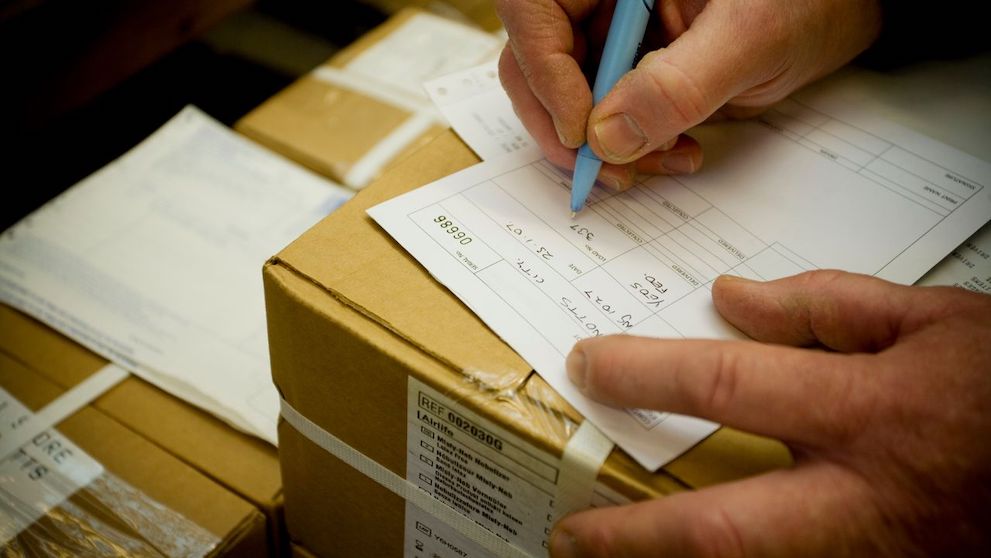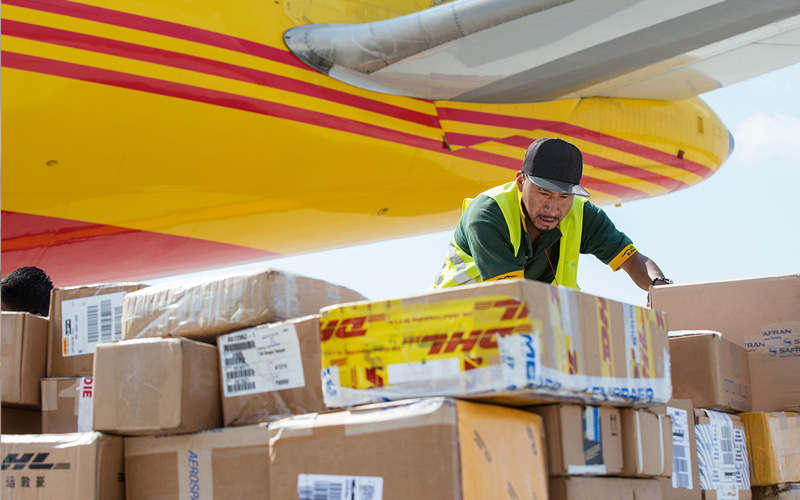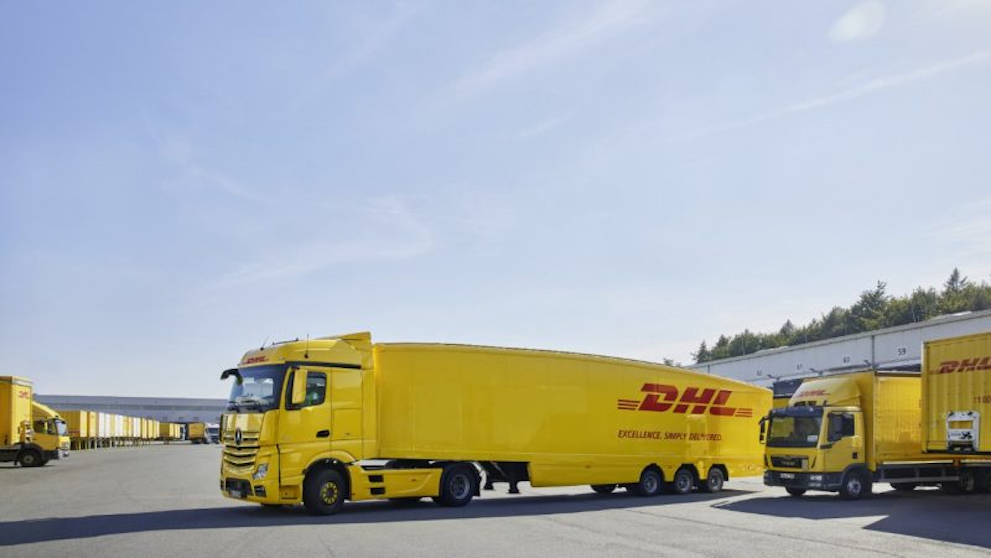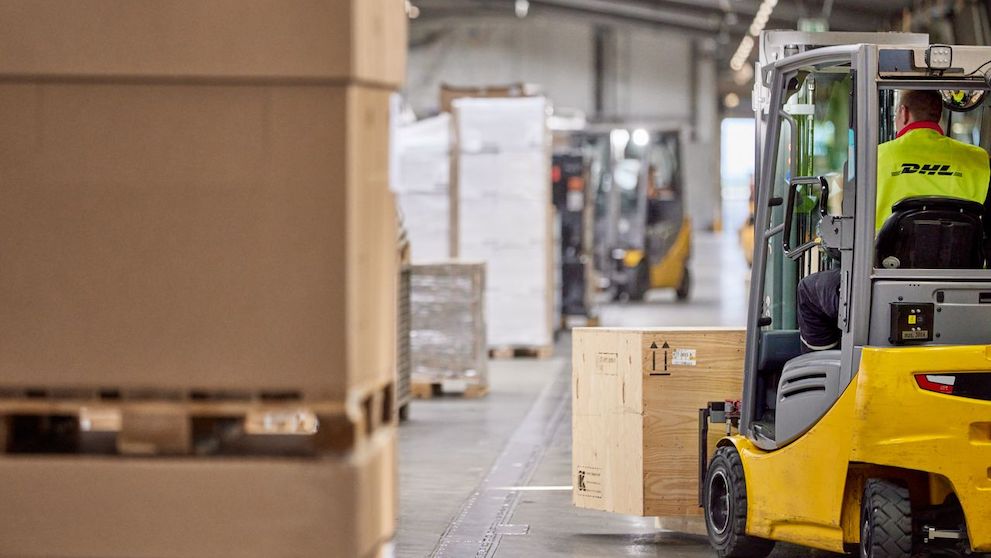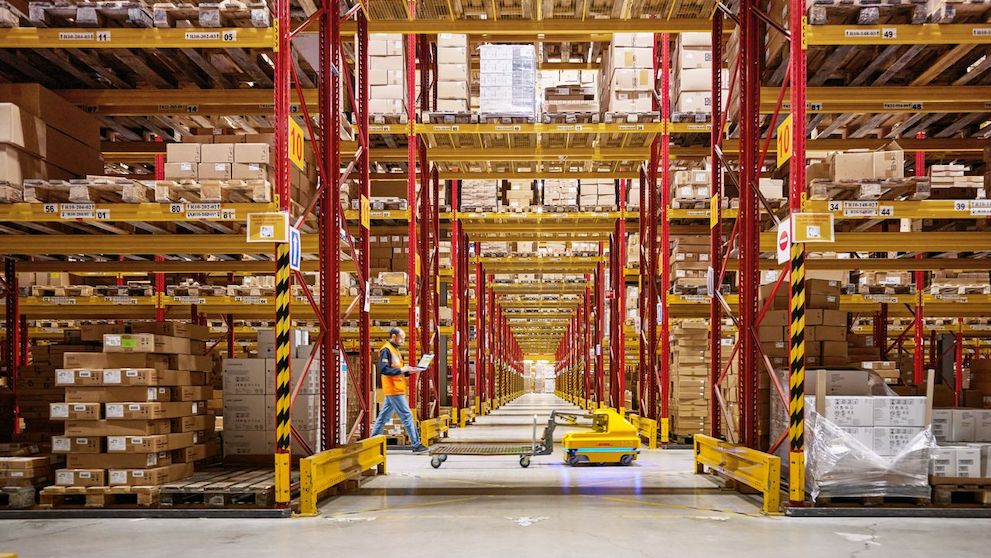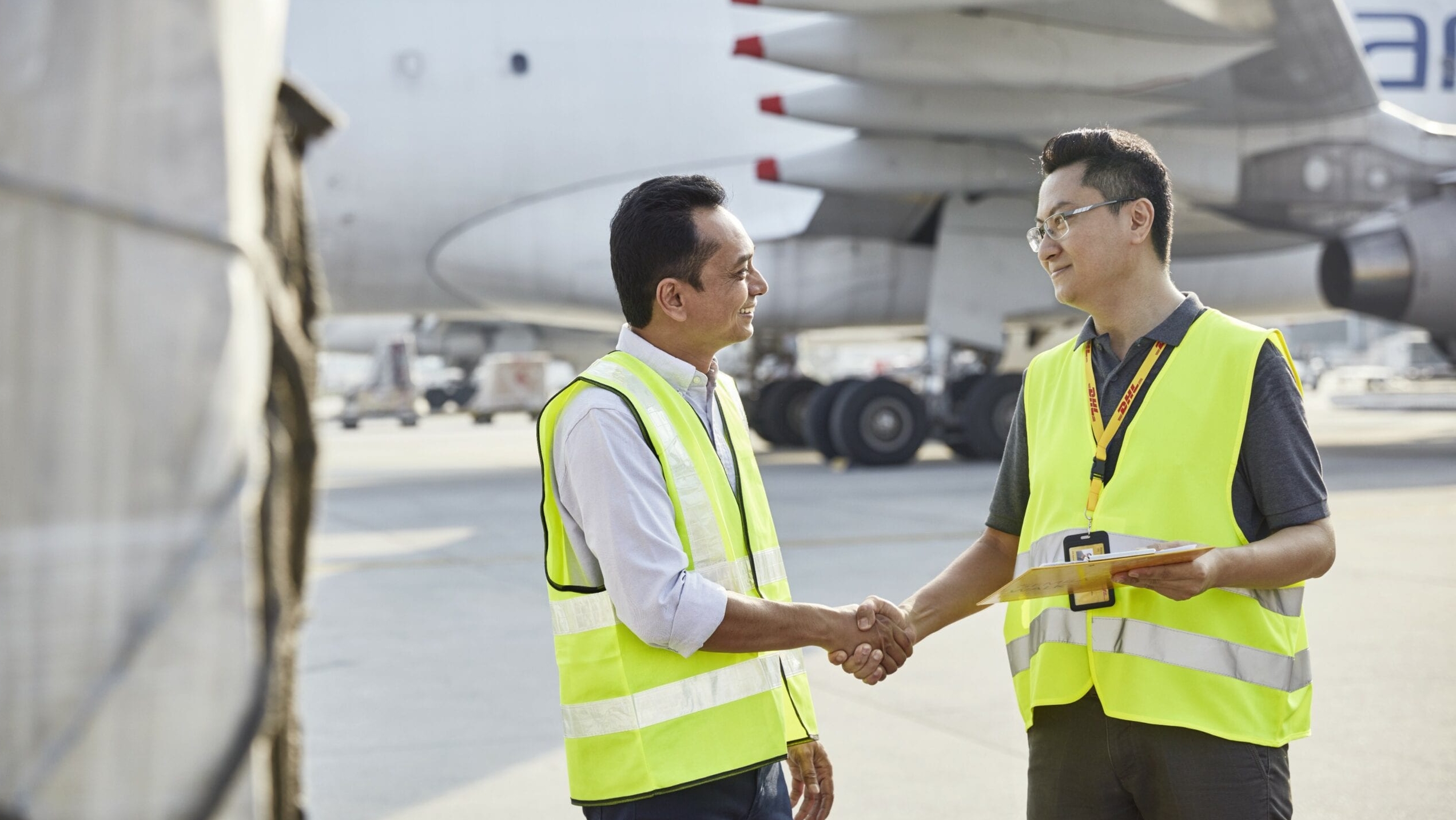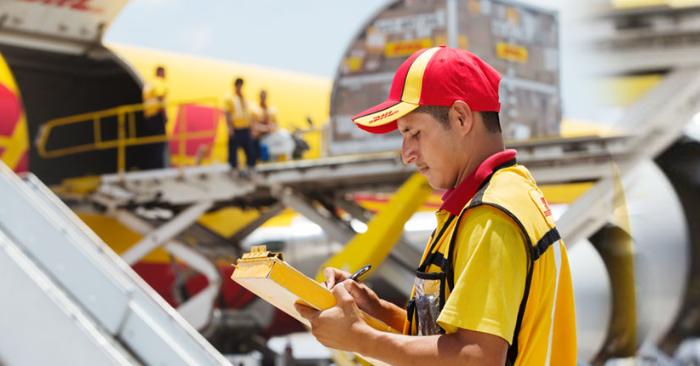There is no denying that Free Trade Agreements (FTAs) are pivotal in shaping global trade dynamics by reducing barriers and fostering smoother exchanges between nations.
Singapore, known for its open and robust economy, actively engages in multiple FTAs, having established a comprehensive network of 27 implemented agreements to date1. These FTAs are categorized into bilateral agreements, which involve Singapore and another single trading partner, and regional agreements, involving multiple nations2.
Among Singapore’s Bilateral Free Trade Agreements, the India-Singapore Comprehensive Economic Cooperation Agreement (CECA) stands out as an important pact.
Initiated in 2005, CECA marked Singapore’s first comprehensive economic accord with a South Asian nation, setting a precedent for future trade and investment flows3. This agreement not only underscores the strong economic ties between Singapore and India but also significantly enhances their commercial relationship. By facilitating easier market access, reducing tariffs, and fostering a conducive environment for investments, CECA opens a gateway to numerous opportunities for businesses in both nations.
And in this intricate trade network, DHL Express plays a crucial role in enabling businesses aiming to capitalize on the benefits offered by CECA. With expert logistics solutions, DHL Express ensures that businesses in Singapore can efficiently navigate the complexities of international trade, maximizing the potential gains from this significant economic cooperation.
What is the CCEA agreement?
The CECA between Singapore and India is a multifaceted accord established to enhance bilateral trade and economic ties.
As mentioned, the CECA was initiated in 2005 by the leaders of both nations. It encompasses a wide array of agreements that promote free trade in goods, enhance service market access, fortify investment protections, and amend taxation protocols to avoid double taxation. This agreement also facilitates mutual recognition of standards and qualifications, eases visa regulations for professionals, and fosters cooperation in areas like customs clearance, intellectual property, and education.
As a result of this, by 2024, this partnership had markedly increased bilateral trade to US$35.6 billion, according to HSBC4.
So, how will the CECA continue to benefit Singapore beyond these impressive figures?
1. Trade liberalization under CECA
One of the most significant benefits of the CECA is its impact on trade liberalization. This agreement has been instrumental in dismantling barriers to trade, fostering a more open and accessible market between the two nations.
Here's how:
Tariff reduction and elimination
CECA has successfully phased out tariffs on 81% of Singapore's exports to India5, spanning sectors from electronics and mechanical appliances to pharmaceuticals and food. This liberalization makes Singaporean products more competitively priced in one of the world’s largest markets.
Similarly, Indian businesses benefit from lower costs when importing goods from Singapore, with 93% of Indian imports enjoying reduced or zero tariffs on essential items like automotive parts, machinery, construction materials, and financial services6. This eases the cost burdens for Singaporean companies tapping into the nation's diverse market for their expansion needs.
Rules of origin
To ensure that only goods genuinely originating from Singapore or India benefit from preferential tariff treatment, CECA has established clear Rules of Origin criteria. These rules determine eligibility based on factors such as7:
- Goods wholly obtained or produced within either country.
- Products meeting a regional value content criterion, often set at 40%.
- Goods complying with product-specific rules, ensuring adherence to agreed standards.
Trade facilitation
Beyond tariff reductions, CECA has implemented measures to streamline customs procedures and facilitate smoother trade between India and Singapore.
Notable measures include8:
- The elimination of customs duties, fees, or charges for digital products transmitted electronically. This promotes the growth of e-commerce and digital trade between the two countries9.
- Advance rulings on tariff classifications and preferential tariff eligibility, providing greater certainty for traders.
- A sophisticated risk management approach that focuses resources on high-risk goods while facilitating the clearance of low-risk consignments.
- Increased transparency in regulations, ensuring traders are well-informed about the requirements and procedures in both countries.
2. Investment promotion and protection
Investing across borders can be fraught with uncertainty, but the provisions of the Singapore-India CECA provide robust protection and clear benefits, ensuring investor confidence and encouraging the flow of capital and expertise between the two nations.
Here's how:
Investment protection
- Protection for foreign direct investments (FDIs)10: Investors from both Singapore and India enjoy security exceptions and the ability to repatriate profits under the Double Taxation Avoidance Agreement (DTAA).
- Non-discrimination11: The agreement ensures that both Singaporean and Indian investors receive the same treatment as domestic investors, reinforcing fair business practices and preventing discrimination in both jurisdictions.
- Protection against expropriation12: The agreement limits the circumstances under which investments can be expropriated, ensuring fair compensation, and thereby providing a stable investment climate.
Market access
- Sectoral opportunities: CECA significantly expands market access13, allowing businesses from both countries to venture into new sectors. This results in Singaporean products and services being more competitively priced within India’s expansive market, thereby bolstering the presence of Singaporean businesses in industries like technology, pharmaceuticals, and financial services.
Dispute resolution
- Structured mechanisms: CECA includes specific provisions for resolving investment disputes14, establishing a transparent and fair process. This includes recourse at the pre-establishment stage of investments, ensuring that disputes related to the establishment, acquisition, or expansion of investments are handled equitably.
- Reciprocal benefits: In the event of any new investor-state dispute settlement terms India agrees with other nations, Singapore is automatically extended the same benefits, contingent upon mutual agreement to reciprocate15.
3. Services sector liberalization
CECA has significantly liberalized service sectors, greatly enhancing market accessibility and promoting robust digital engagement.
- Enhanced market access16: The CECA has opened doors for service providers from Singapore and India to participate in pivotal industries like engineering, banking, telecommunications, and real estate. This strategic opening facilitates deeper economic integration, providing businesses with expansive opportunities in these vital sectors.
- Mutual recognition of qualifications17: By recognizing professional qualifications across critical fields such as accounting, healthcare, and engineering, CECA simplifies the exchange of expertise. This includes easing visa restrictions for numerous professional categories, thereby fostering a dynamic exchange of professional talent and bolstering service industries in both nations.
- Digital trade advancement18: The agreement strengthens digital cooperation, setting the stage for enhanced data flow, cybersecurity, and business-to-business digital linkages. This focus on digital infrastructure not only supports the burgeoning e-commerce sector but also catalyzes the growth of tech-driven industries.
4. Economic cooperation
And, of course, the CECA can foster multifaceted economic cooperation, extending across a spectrum of sectors vital for the contemporary economic landscape.
Areas of cooperation
- Diverse sector engagement19: The agreement catalyzes collaboration across vital areas, including education, science, technology, tourism, and the media. Notably, joint postgraduate programs link premier Indian institutes with Singaporean universities, enhancing educational ties and fostering an academic exchange that fuels innovation.
- Research and development20: Economic cooperation under CECA extends to cutting-edge research in marine and agricultural biotechnology, space research, advanced materials, and information technology. This concerted effort in R&D is poised to yield substantial advancements in these critical fields.
Joint Ventures and partnerships
- Innovative collaborations21: CECA actively promotes the commercialization of technologies through joint ventures not only within Singapore and India but also in third countries. This initiative is designed to spur mutual economic growth and technological advancement, enhancing the competitive edge of businesses in both nations.
Capacity building
- Skill development initiatives22: The agreement emphasizes enhancing professional capabilities through symposia, workshops, and joint projects. This includes cooperation on intellectual property management and utilization, conducted through esteemed institutions like the Intellectual Property Training Institute in Nagpur and the I P Academy in Singapore.
Leveraging CECA with DHL Express

How can your business maximize the benefits of the Singapore-India CECA?
With DHL Express, streamline your operations and expand your reach:
- Seamless logistics solutions: Navigate cross-border trade with ease, thanks to DHL Express' expertise and delivery solutions in international shipping and customs clearance.
- Time-definite and express delivery: DHL Express' precision in scheduling guarantees that your shipments are delivered punctually, enhancing reliability and customer trust.
- Global network and reach: Connect to new markets with an extensive network linking businesses in Singapore and India to over 220 countries.

Explore how DHL Express can facilitate your growth in the CECA-driven marketplace and expand your business horizons.
1 — Ministry of Trade and Industry Singapore, November, 2024
2 — ASEAN Briefing, August, 2023
3, 13 — Ministry of Trade and Industry Singapore, November, 2024
4, 6, 9, 10, 17, 19 — HSBC, September 2024
5 — Enterprise Singapore, August 2024
7 — Singapore Customs, July 2005
8 — National Archives Singapore, June 2005
11, 12 — Duane Morris, October 2014
14, 15 — Enterprise Singapore, n.d.
16 — HSBC, October 2024
18 — The Straits Times, September 2024
20, 21, 22 — UN Trade & Development, n.d.



















